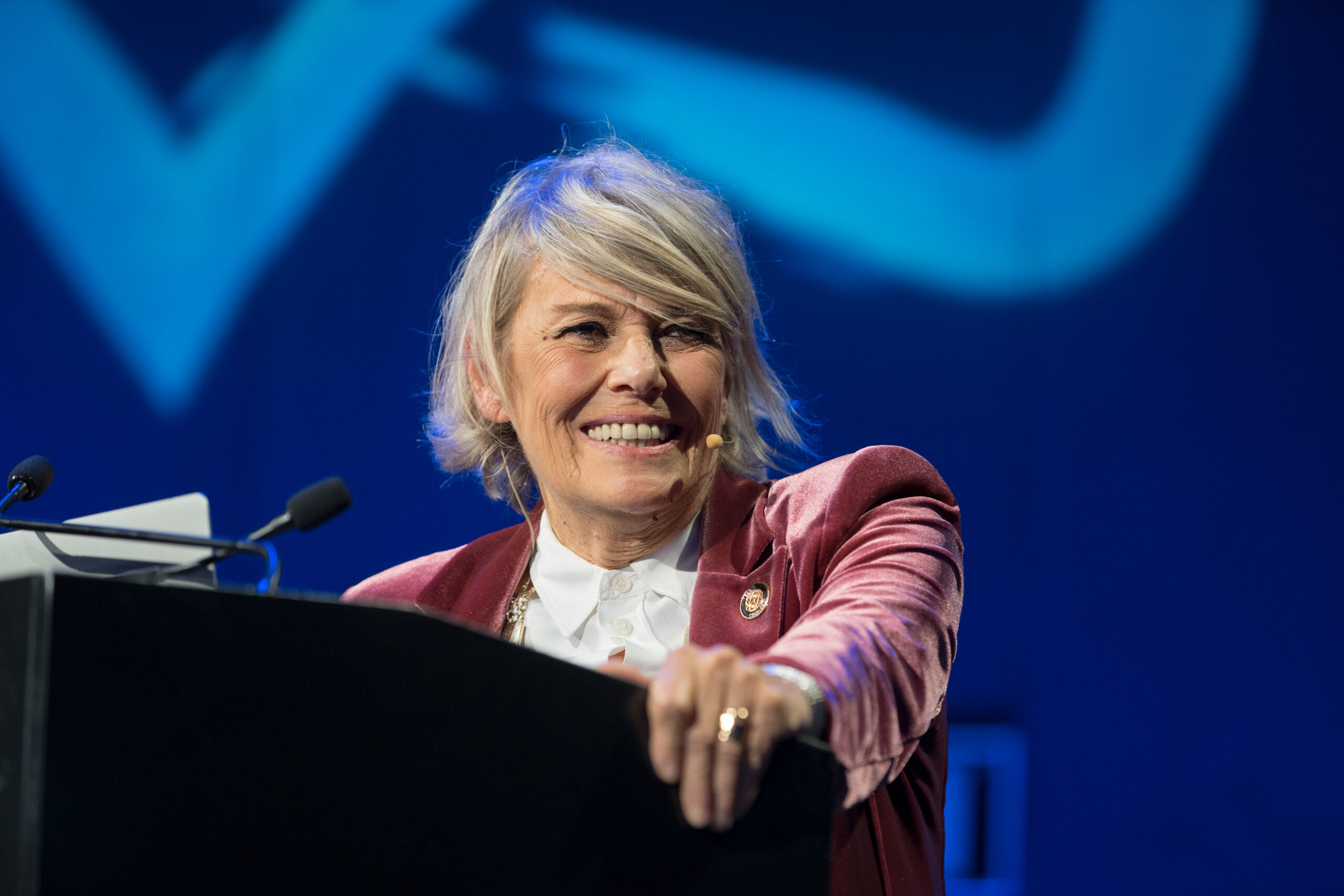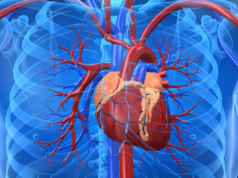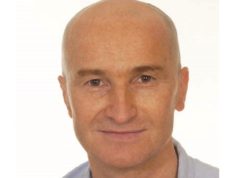
The immediate past president of the European Association for Cardio-Thoracic Surgery (EACTS) speaks to Cardiovascular News about the organisation’s work to encourage a culture of innovation within the field and to support efforts to improve diversity among the cardiothoracic surgery workforce. Franca Melfi, the first woman President at EACTS, comments that both agendas are closely linked, given their importance in making the specialty attractive to new talent. Both issues featured as priorities within EACTS’ five-year strategy, released in March 2024, which sets out the Association’s long-term goals to keep pace with the evolving needs of patients and its members.
Melfi is a thoracic surgeon, and it is through her pioneering work in robotic surgery—having performed the first robotic procedure for lung tumour removal in 2001 at University Hospital Pisa (Pisa, Italy)—that she has gained a unique insight into the advent of new technologies in the surgical realm, as well as familiarity with the research and training needs that these novel solutions bring. Melfi drew on this experience during her recent Presidential Address at the EACTS 2024 annual meeting (9–12 October, Lisbon, Portugal), where she told delegates: “Innovation requires courage to challenge established norms and to open doors for new insights, techniques and technology.”
“When we talk about innovation, people think of robotic surgery, but in many ways, this is almost the past. I started with robotic surgery almost 23 years ago, at that time it was an unbelievable, unexpected and experimental field,” Melfi tells Cardiovascular News. Robotic techniques are continuing to advance in the cardiac arena, which she identifies as a fertile ground for innovation, alongside areas such as artificial intelligence (AI) and machine learning, which she says have potential to influence how treatments are delivered.
EACTS’ commitment to innovation has included the establishment of an Innovation Hub, launched at the organisation’s second annual Innovation Summit (19–20 April, Paris, France) this spring, which is intended to attract investment to support the development of cardiothoracic surgical treatments and improve outcomes for patients. Through the Innovation Hub, EACTS members can apply for grant funding to support research and advance innovation in cardiothoracic surgery, with grants to be awarded via a recently established fund through a competitive process over a five-year period.
“I believe that we can consider the Innovation Hub as a dynamic platform for new ideas, for testing and implementing new technologies, and for facilitating partnerships between academia, healthcare providers and industry,” says Melfi. “This is very important. The EACTS Innovation Hub has many tasks, including supporting young innovators and researchers.”
Supporting innovation and pioneering new techniques and technologies are at the centre of efforts to attract a new generation of cardiothoracic surgeons, alongside the Association’s work to improve the representation of underrepresented groups—such as women and minorities—within the field.
“EACTS is strongly committed to promoting an inclusive and diverse membership,” comments Melfi, who highlights the work of EACTS’ Women in Cardio-Thoracic Surgery Committee (WiCTS) to promote diversity and equality within the Association and spread awareness of the importance of gender equality more widely across the specialty.
“This is clear evidence that our Association has changed a lot and plays a key role in promoting gender equality, as well as also trying to address some challenges that women face in specific countries, especially in low- and lower-middle income countries,” she comments.
“EACTS tries to support and give an equal opportunity for leadership and development, and I believe it has a very important role in this context, especially to ensure the representation of women surgeons from underrepresented regions and also to guarantee the presence of women during the scientific sessions in our annual meeting and other events.”
On a personal level, Melfi has recently taken up a post as a full professor at the University of Calabria (Cosenza, Italy) to ensure robotic surgery is more widely available in southern Italy. The new role will focus on opportunities afforded by digital technologies and AI, underlining her passion for innovation. Melfi will also retain her professorship at Pisa and continue to guide the team she has established there.











